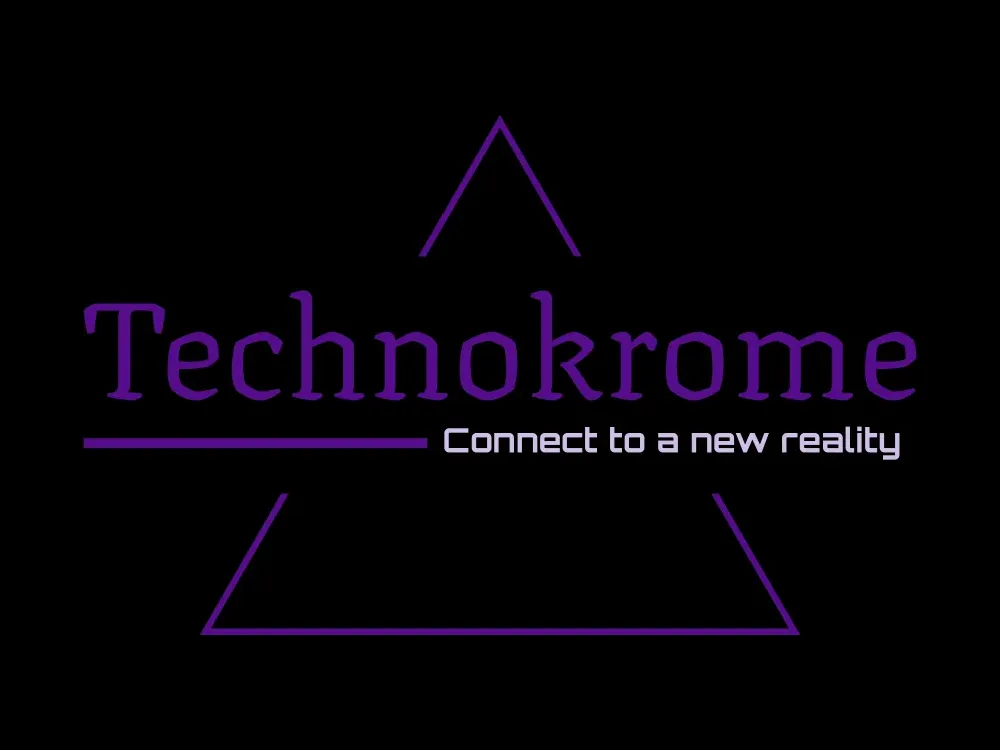The software behemoth Meta just presented its quarterly results report, which indicated an increase in shares in after-hours trading of 18%.
Despite the promising outcomes, Reality Labs, the company’s Metaverse division, experienced enormous losses of $4.28 billion in the final fiscal quarter of 2022.
This increased the division’s overall losses to a total of $13.72 billion.
Only $727 million in revenue was generated by the division, a 17% drop from the same period the previous year.
Reality Labs designs and develops technology and software for virtual and augmented reality experiences, such as the Horizon Worlds Metaverse project and the Quest virtual reality headset.
Despite the dismal numbers, Mark Zuckerberg, CEO of Meta, expressed hope for the future on the earnings call.
He described the upcoming fiscal year as a “year of efficiency” and promised that the business would be more proactive about terminating underperforming projects.
He was emphatic that Reality Labs would not be one of these initiatives, and that instead, the division merited continuous funding.
The Metaverse, a term coined by Neal Stephenson in his novel Snow Crash, refers to a virtual world that is entirely immersive and interactive. In recent years, advances in technology have led to the development of a new generation of virtual and augmented reality experiences, and the Metaverse is becoming a reality for consumers.
Several major tech companies and startups are working to shape the Metaverse into a vibrant, accessible space for consumers. This is being achieved through the development of new technologies such as 5G networks, virtual and augmented reality devices, and cloud computing. These technical advancements are making it possible to create highly realistic, interactive virtual environments that can be accessed from anywhere, at any time.

In addition to stating that AI and the Metaverse are the two primary technology trends guiding the firm’s future, Zuckerberg highlighted his conviction that the Metaverse should be a top priority for the company.
He was especially upbeat about the Quest 3 virtual reality headset’s impending debut since he believes that it will cement the technology as the standard for all VR and eventually AR headsets.
In addition to boosting hardware sales, Meta expects the Quest 3 to raise awareness of its virtual reality ecosystem, Horizon Worlds, which CEO Mark Zuckerberg has previously hailed as the future of interactive commerce, entertainment, and interpersonal interactions.
One of the key ways that the Metaverse is being shaped for consumers is through the creation of virtual marketplaces. These marketplaces will allow consumers to purchase virtual goods, such as clothing and accessories for their avatars, as well as access to virtual experiences, such as concerts, sporting events, and more.
In addition to virtual marketplaces, the Metaverse is also being shaped by the development of virtual social networks. These networks will allow people to connect with each other in new and exciting ways, with the ability to explore and interact with virtual environments together.
This has the potential to revolutionize the way that people socialize with each other, making it possible for people to connect with each other from anywhere in the world.

A key area of concentration for Meta in recent years has been its investments in virtual reality and the Metaverse.
The Metaverse has the ability to fundamentally alter how humans communicate, do business, and enjoy entertainment as a result of technological breakthroughs.
Despite the setbacks Reality Labs has experienced, Meta’s management is still committed to the division and regards it as an essential component of the business’s future.
The Horizon Worlds project, however, was so challenging and unpleasant to use that even the team members who were creating it avoided using it whenever possible, according to a report that appeared in October.
Zuckerberg is certain that the company’s investment in the Metaverse will pay off in the long run despite these difficulties, and it continues to be a major priority for Meta.
As the Metaverse continues to evolve and mature, it will likely become an increasingly important part of our lives. It will provide new opportunities for entertainment, education, commerce, and social interaction, and will shape the way that we interact with technology and each other for generations to come.





